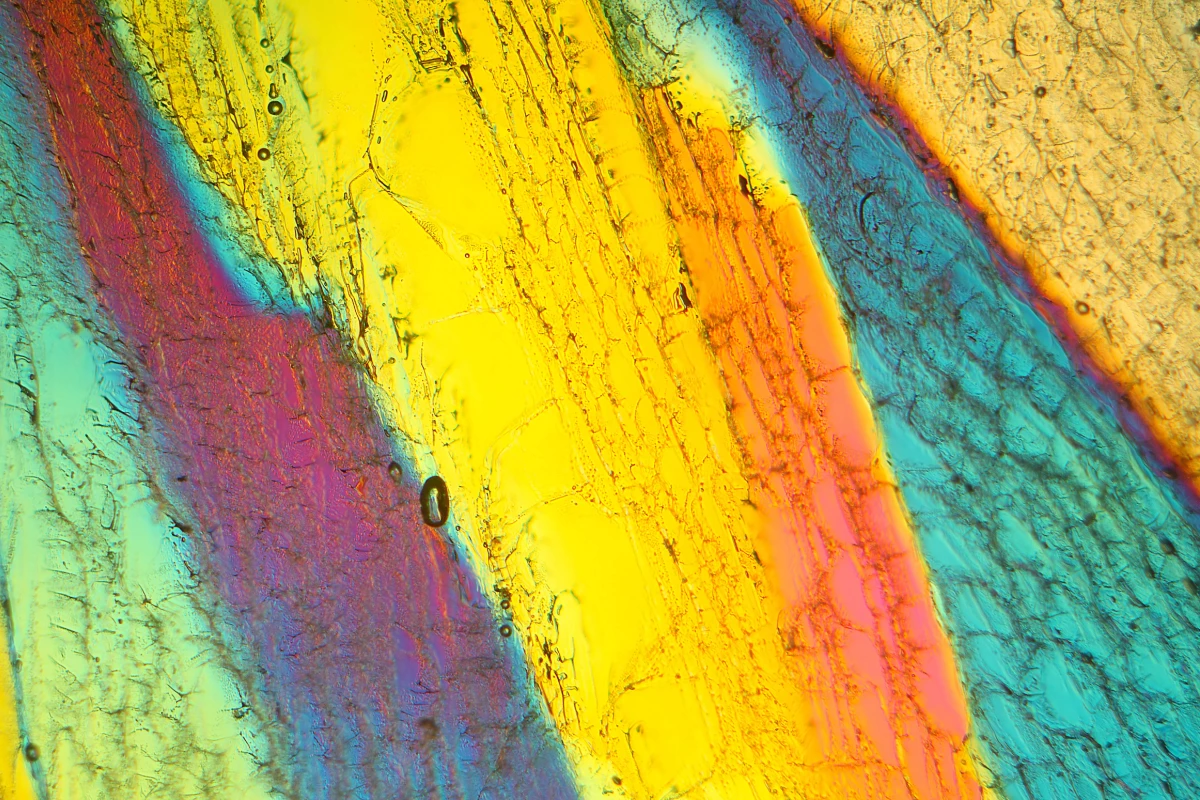Recent experiments have provided new insights into the formation of planets, revealing that significant amounts of water can be generated during this process. Researchers from the University of California, Berkeley, have conducted experiments that demonstrate how reactions between hydrogen-rich atmospheres and molten rock can lead to extreme water production. This finding has implications for understanding the composition of rocky planets beyond our Solar System.
Scientists have long been aware that the most common type of planet in the Galaxy, which lacks any equivalent in our Solar System, is composed of a rocky core topped with a thick hydrogen-dominated atmosphere. The new experiments indicate that the interaction between the hydrogen in the atmosphere and a magma ocean beneath could facilitate the generation of substantial quantities of water. This process challenges previous assumptions about the conditions required for water to form on planets.
Implications for Planetary Science
The experiments conducted by the research team involved simulating conditions that may exist on these rocky planets. By heating mixtures of hydrogen and molten rock, they observed how water vapor is produced as a byproduct of chemical reactions. The results suggest that planets with hydrogen-rich atmospheres could potentially harbor vast amounts of water, fundamentally altering our understanding of planet formation and the potential for life elsewhere in the Universe.
According to the findings, the presence of water on these planets may not be as rare as previously thought. Instead, it appears that the formation of water could be a more common occurrence, linked directly to the planet’s composition and atmospheric conditions. This insight raises important questions about the environments on these distant worlds and their capacity to support life.
Future Research Directions
The research team is looking to further explore the implications of their findings. Understanding how water generation occurs during planet formation could provide essential clues about the origins of water on Earth and the potential for life on exoplanets. Future studies may involve analyzing actual planetary atmospheres and comparing them to the laboratory findings.
As planetary science continues to evolve, this research underscores the importance of innovative experiments in uncovering the mysteries of our Universe. The results not only enhance our knowledge of planetary formation but also open new avenues for searching for life beyond Earth. The potential presence of water on distant rocky planets could be a critical factor in future astrobiological studies.
These groundbreaking findings highlight the intricate processes that contribute to the formation of planets and their atmospheres, shaping our understanding of the Galaxy and our place within it.







